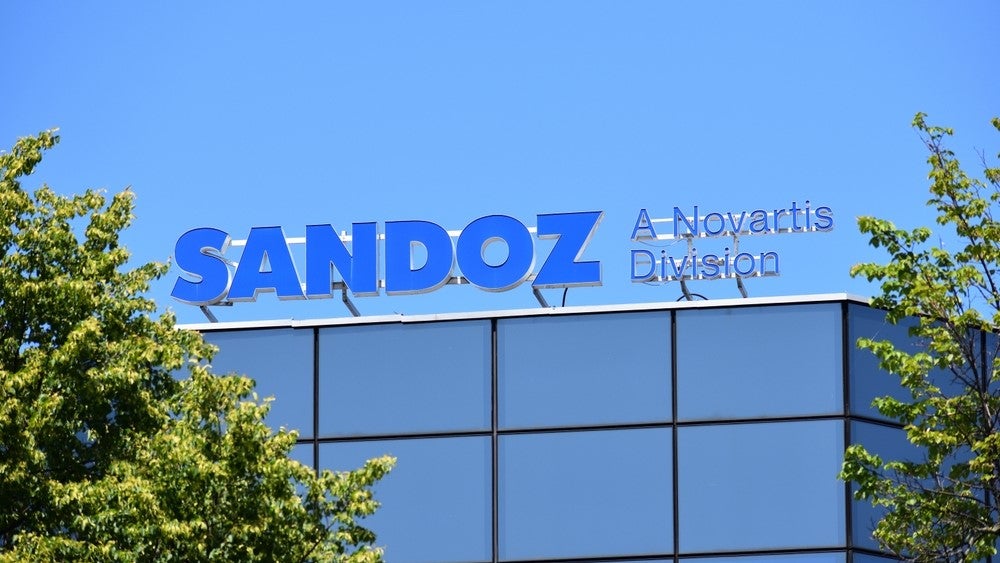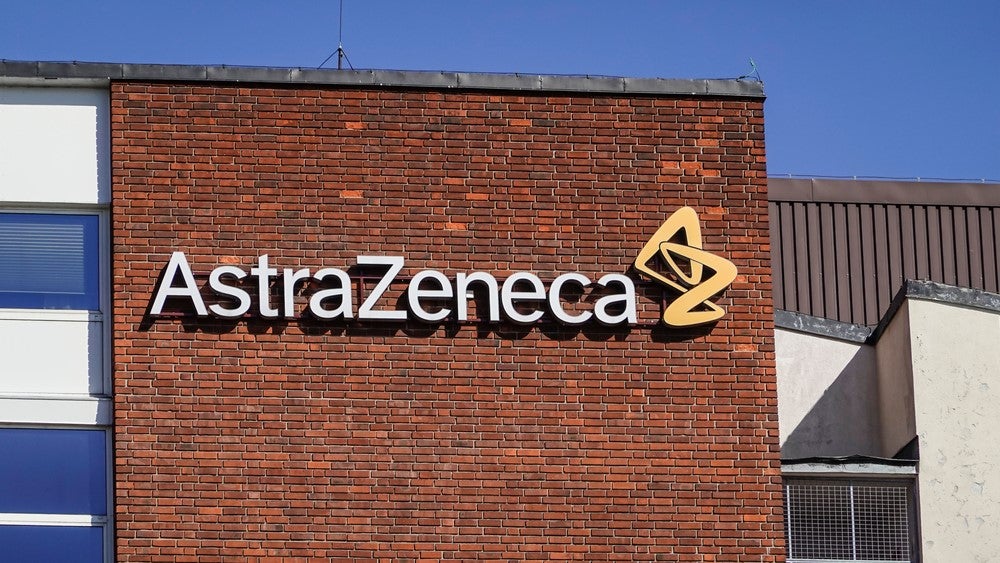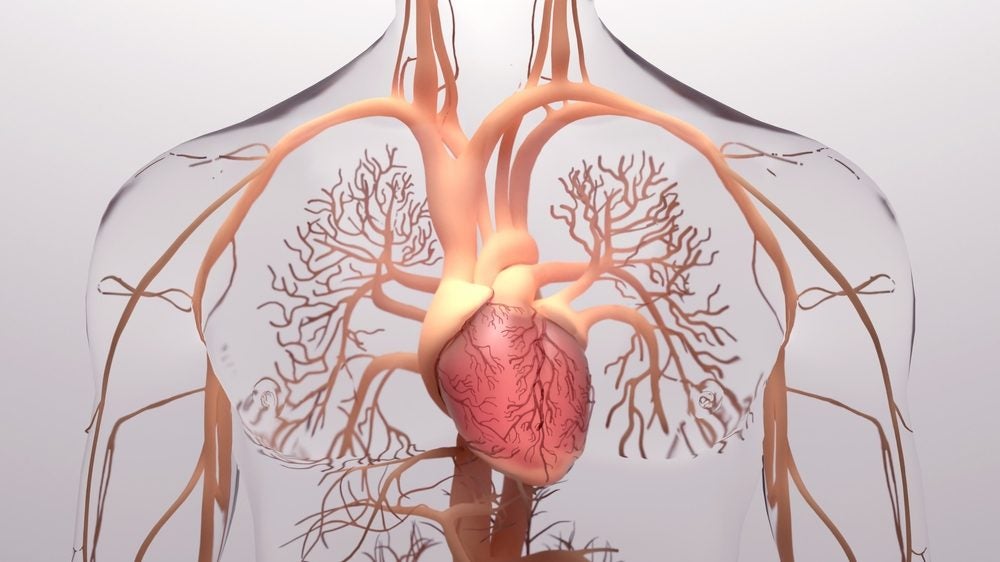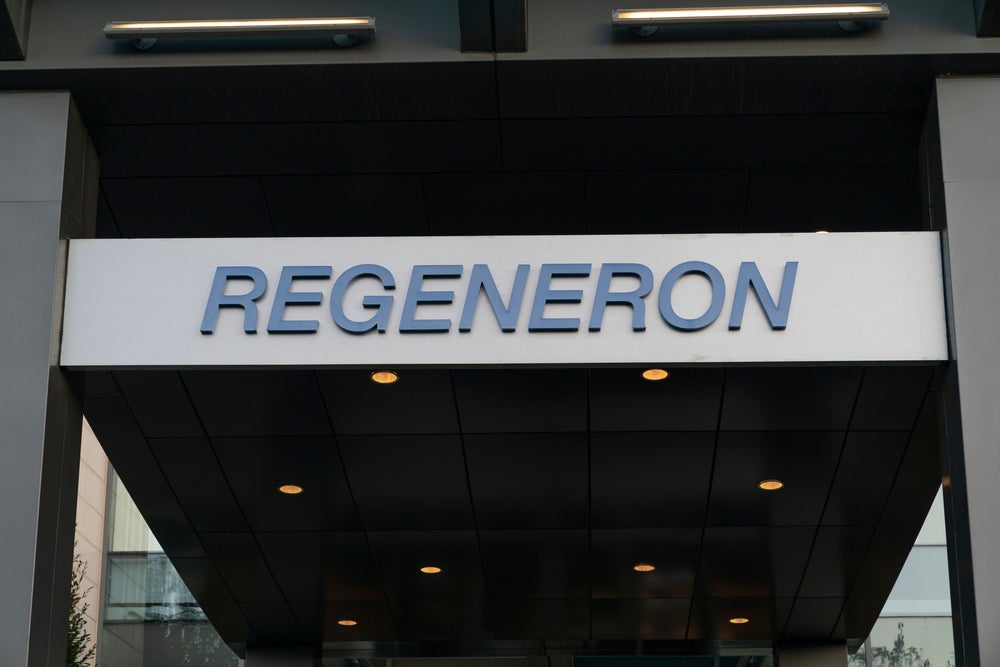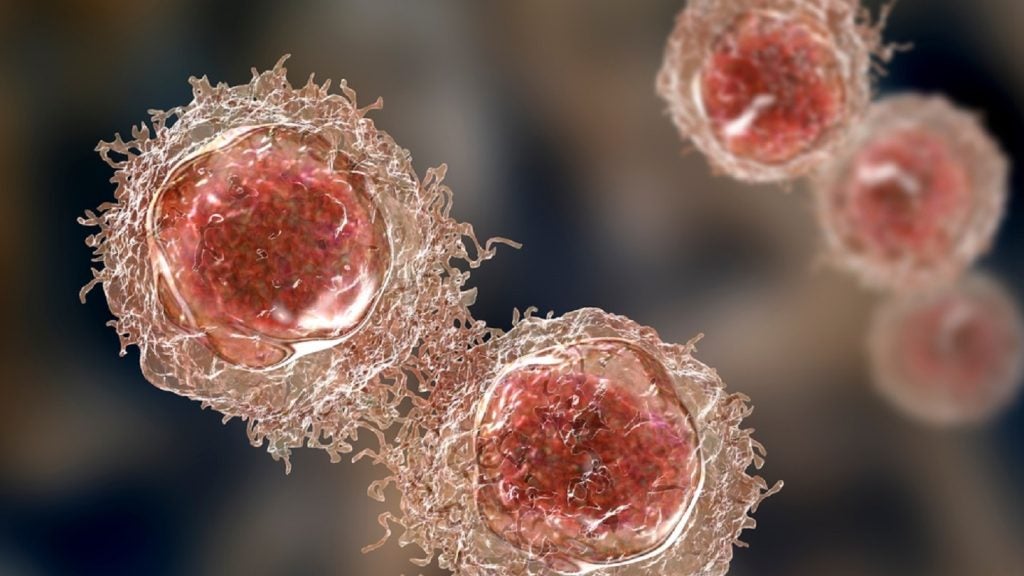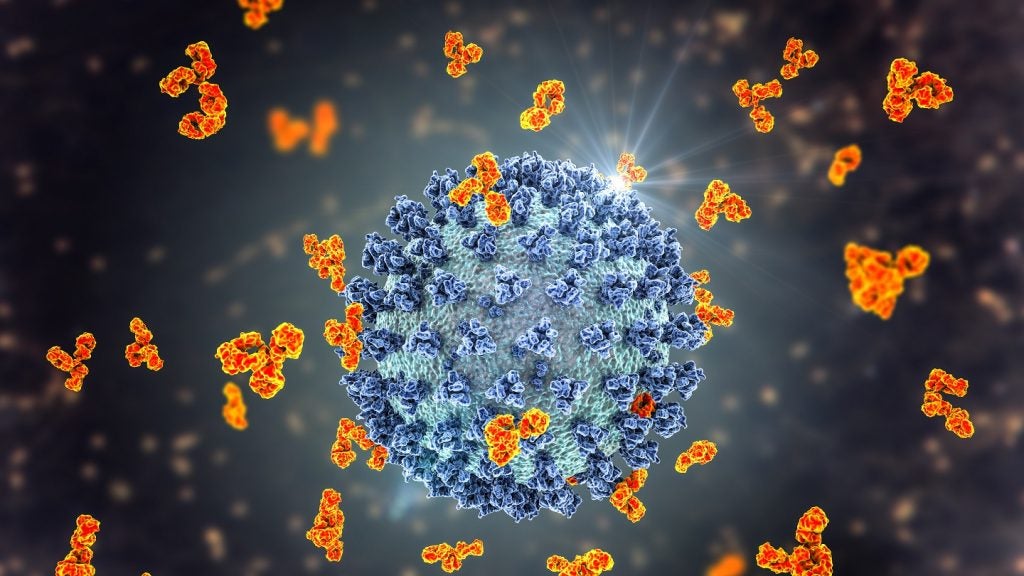Sandoz has partnered with Samsung Bioepis to develop and market a Stelara (ustekinumab) biosimilar in the US, Canada, and Europe.
Stelara is an interleukin (IL)-12/IL-23 inhibitor monoclonal antibody developed by Janssen Pharmaceutical Companies of Johnson and Johnson (J&J).
It was first approved by the US Food and Drug Administration (FDA) for treating moderate to severe plaque psoriasis in adults in 2009. Its approval was later expanded to include Crohn’s disease, active psoriatic arthritis, and ulcerative colitis.
With Stelara being a high-grossing drug for J&J, generating $3.2bn in sales in H1 2023, as per the company’s Q2 financial report, multiple companies are developing biosimilars. J&J has already settled three lawsuits with multiple companies, including Amgen, to push the launch of the Stelara biosimilar’s release date to 2025.
Samsung Bioepis is expected to present Phase III trial data with the Stelara biosimilar, SB17, by the end of 2023. The Phase I trial results were presented at the American Academy of Dermatology (AAD) Annual Meeting in New Orleans (US), in March this year. These showed non-inferiority of the biosimilar compared to the reference biologic.
With Sandoz expected to break off from Novartis in early October, the Stelara biosimilar will add to Sandoz’s catalogue of high-profile biosimilars. These include the Tysabri (natalizumab) biosimilar for relapse-remitting multiple sclerosis (RRMS), and the Humira (adalimumab) biosimilar, Hyrimoz, for rheumatoid arthritis and other indications.
Samsung Bioepis also has a robust biosimilar pipeline, including biosimilars of AbbVie’s Humira, Regeneron’s Eylea (aflibercept) for multiple ocular indications, and J&J’s Remicade (infliximab) for multiple immunology indications.


